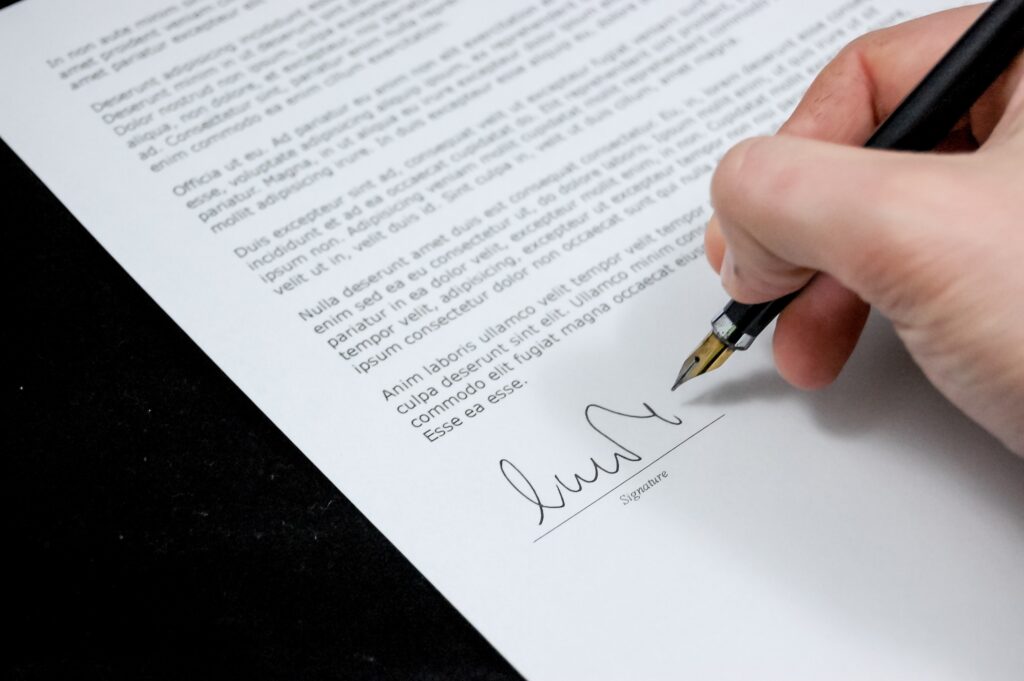
Retaining an attorney is one of the most significant decisions you’ll make as an entrepreneur. You are putting personal and professional trust in their judgment, so you need to make sure you start the relationship off on the right foot. Engagement letters are critical for defining a good attorney-client relationship. You should always request that the attorney or their firm send one prior to beginning their representation of your business. In this article, I discuss what essential elements you should look for in an engagement letter.
Contact Information
The engagement letter should list the attorney, the firm, and any contact information you might need. By having this information in one place, communications with your attorney are more streamlined. It also ensures that you know whether you are dealing with a legitimate firm.
Who is the Client?
The engagement letter should clearly identify who the attorney represents as their client. This seems straightforward, but that isn’t always the case. For example, the client could be your company, in which case the attorney wouldn’t necessarily represent the individual founders. Or, the client could be one of the individual founders, in which case the attorney wouldn’t necessarily represent your company. Identifying the client at the outset avoids any potential conflicts of interest down the road.
The Scope of Representation
The engagement letter should define any scope or specific deliverables for the representation. For example, a business transactional lawyer may not feel comfortable handling any prior present, or anticipated litigation against your company. If this is the case, then the engagement letter should explicitly exclude litigation matters from the scope of representation. Similarly, if the representation is only for specific deliverables such as contract drafting, those deliverables should be clearly spelled out. Properly defining the scope of representation ensures an alignment of expectations for the attorney-client relationship.
Duties & Obligations
The engagement letter should explain the duties and obligations inherent to your attorney-client relationship. Two of the most important duties are attorney-client privilege and the duty of confidentiality. Written and oral communications with your attorney that relate to the representation are generally privileged and confidential. Similarly, attorneys have a duty to keep such information privileged and confidential, unless privilege is waived by the client. The engagement letter should clearly explain attorney-client privilege, the duty of confidentiality, instances when privilege is waived, and general expectations around communications.
Fee Structure & Payment Procedures
The engagement letter should explain how the attorney will bill for their services and any specific payment procedures. Common fee structures include: hourly billing, retainers (or advanced payments held in a trust account until services are provided), and flat fees for services. The letter should also explain invoicing details, billing cycles, acceptable payment methods, and any other appropriate procedures surrounding your payment for the services.
Dispute Resolution
There are unfortunately circumstances where the attorney-client relationship breaks down and litigation ensues. The engagement letter should identify any dispute resolution procedures such as mediation or litigation, the appropriate venue for disputes, and the governing law for the agreement. Remember, the engagement letter is a contract just like any other agreement. So you’ll want to understand what legal recourse you have in the event things go south.
Termination
The engagement letter should address any termination procedures for when the attorney-client relationship concludes. This section should explain any ongoing attorney-client obligations owed to the client, file retention processes, and procedures for potential re-engagement in the future.

